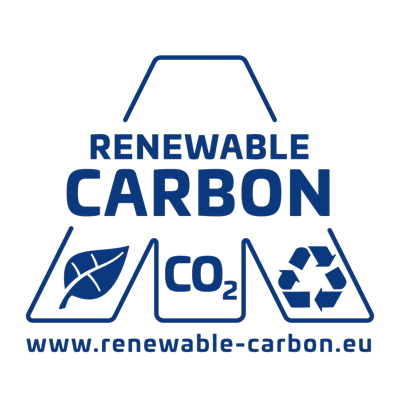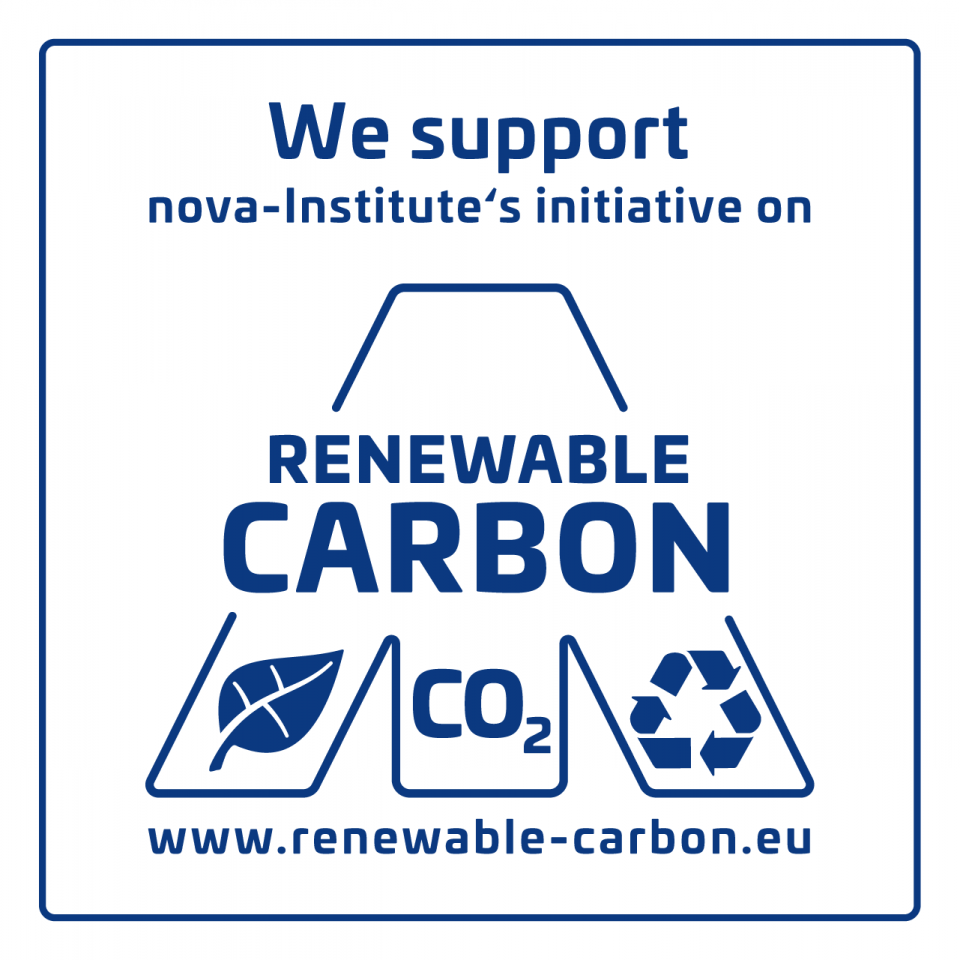Renewable Carbon

Experts from the nova-Institute have developed the “Renewable Carbon” concept over the last few years and published it in two nova-Papers #10 and #12 in 2018 and 2020: “Renewable Carbon – Key to a Sustainable and Future-oriented Chemical and Plastic Industry”.
The Renewable Carbon Initiative (RCI) (www.renewable-carbon-initiative.com), founded in 2020, has adopted and further developed the concept. The fundamental paper was published in 2022: “Renewable Carbon as a Guiding Principle for Sustainable Carbon Cycles”. All three publications mentioned have now been downloaded almost 9000 times and can be downloaded here: www.renewable-carbon.eu/publications/?search=1&publication-type=rci-papers
The Definition
Renewable Carbon entails all carbon sources that avoid or substitute the use of any additional fossil carbon from the geosphere. Renewable carbon can come from the biosphere, atmosphere or technosphere – but not from the geosphere. Renewable carbon circulates between biosphere, atmosphere or technosphere, creating a carbon circular economy.
The Aim
nova experts support the transition from fossil to renewable carbon with research and science-based consultancy in the fields of technology & markets, sustainability, economy & policy as well as communication and strategy development. nova-Institute is the initiator, scientific backbone and executive office of RCI, which has in early 2023 nearly 60 members, well known large enterprises, SMEs and start-ups from allover the world.
The aim of the Renewable Carbon Initiative (RCI) (www.renewable-carbon-initiative.com) is to support and speed up the transition from fossil carbon to renewable carbon for all organic chemicals and materials. RCI addresses the core problem of climate change, which is extracting and using additional fossil carbon from the ground that will eventually end up in the atmosphere. Companies are encouraged to focus on phasing out fossil resources and to use renewable carbon instead. The initiative wants to drive this message, initiating further actions by bringing stakeholders together, providing information and shaping policy to strive for a climate-neutral circular economy.
Free download

